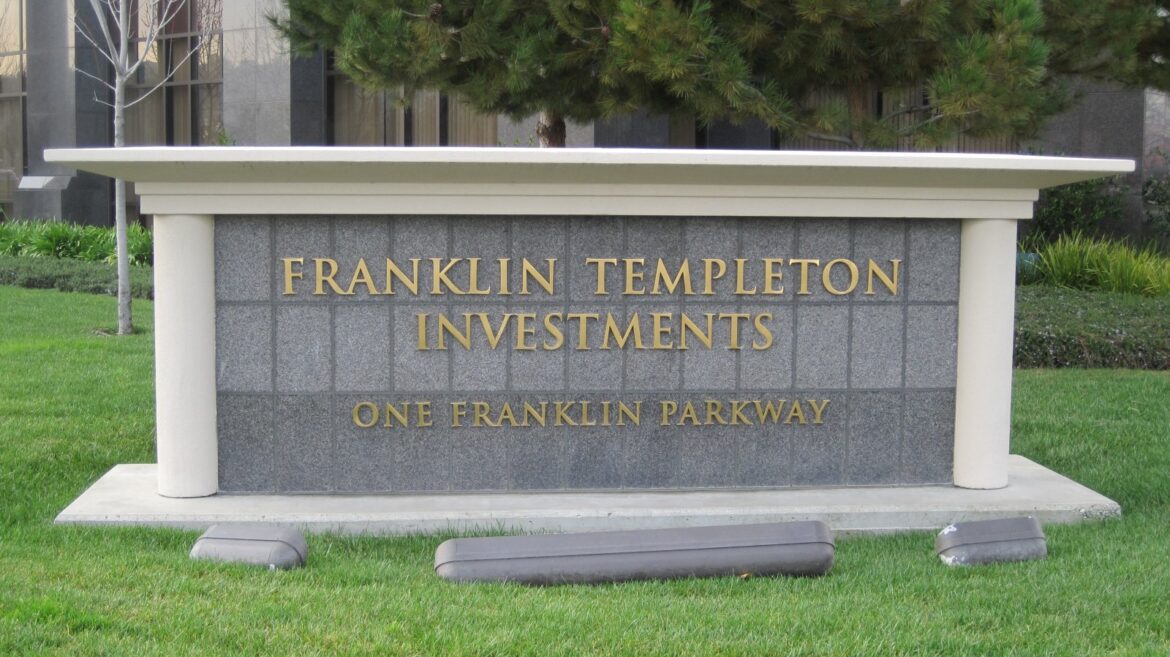In brief
- Tidal Financial Group applied for a leveraged AltAlt Season Crypto ETF, along with two other filings on Thursday.
- The proposed fund confounded even some of the fund industry’s sharpest observers unsure what an “alt alt season” was.
- The fund will relate initially to the performance of XRP and Solana, and exclude Bitcoin and Ethereum.
Issuers of crypto funds have grown increasingly creative in their proposals over the past few months as they seek to meet investors growing appetite for these products.
But an “AltAlt Season” exchange-traded fund? That’s new territory.
Tidal Financial Group’s Quantify 2X Daily AltAlt Season Crypto ETF, one of three funds included in an application to the U.S. Securities and Exchange Commission on Thursday, confounded even a few fund industry observers.
“What is AltAlt vs Alt? (Because I wanted to know too),” Bloomberg ETF Research Analyst James Seyffart tweeted with a screenshot from the filing and his own terse summary. “Alt just excludes BTC, the other excludes both BTC and ETH.”
Tidal’s N1-A registration filing also covered the Quantify 2X Daily All Cap Crypto ETF, and Quantify 2X Daily Alt Season Crypto ETF. All three leveraged funds target risk-tolerant investors, enticing them with the potential for two times the daily return of the cryptocurrencies that they hold.
“Because the fund seeks daily leveraged investment results, it is very different from most other exchange-traded funds,” the prospectus says in each of the fund descriptions. “It is also riskier than alternatives that do not use leverage.”
The AltAlt fund will align initially with the performance of XRP and Solana, according to the Tidal prospectus. The Alt ETF will correspond initially to those digital assets and Ethereum, while the All Cap strategy covers those assets and Bitcoin.
“Alt seasons” describe periods when Ethereum and other larger altcoin prices outpace Bitcoin, usually after Bitcoin’s own price increases. “Alt alt seasons” refer to timespans when market activity shifts to altcoins with mid-sized market capitalizations and then to smaller-cap tokens in a trickle-down effect. The AltAlt looks to benefit from these latter trends.
All three funds may include swap agreements or option contracts on shares of U.S.-listed spot crypto ETFs or that offer exposure to digital assets indirectly through investments in crypto-based derivatives, or that directly invest in crypto funds, among other options.
In recent months, issuers have applied for a widening array of leveraged crypto ETFs, along with spot funds based on various altcoins and combinations of tokens. The SEC is now weighing submissions for more than 90 of these products, as of late August, according to Bloomberg research.
Their odds of approval received a boost on Wednesday when the SEC signed off on new generic listing standards for commodity-based trusts, easing the approval process. The agency’s thumbs-up underscored the more receptive regulatory and political environment that has emboldened issuers.
“We’re already at 2x AltAlt Season Crypto ETFs and it’s not even October. Do you realize how crazy things are gonna get?” quipped Bloomberg Senior ETF Analyst Eric Balchunas in an X post Thursday.
He added: “I’ll be honest, I wasn’t that moved by the 2x Alt Season ETF but the 2x AltAlt Season, well that’s a whole [different] story lol”
Daily Debrief Newsletter
Start every day with the top news stories right now, plus original features, a podcast, videos and more.



